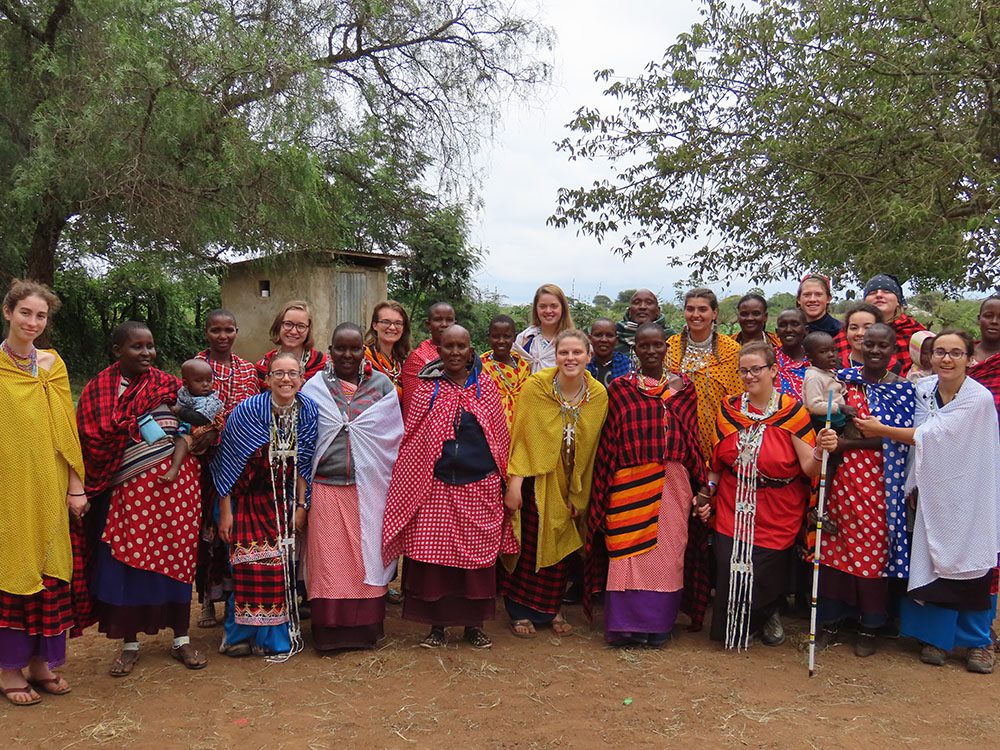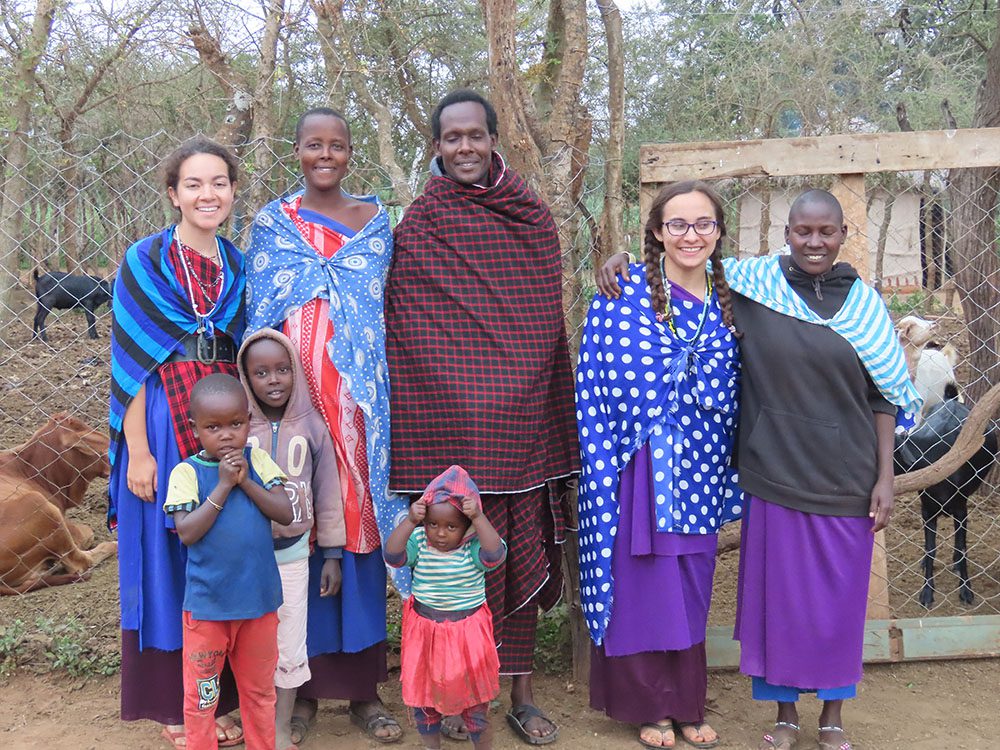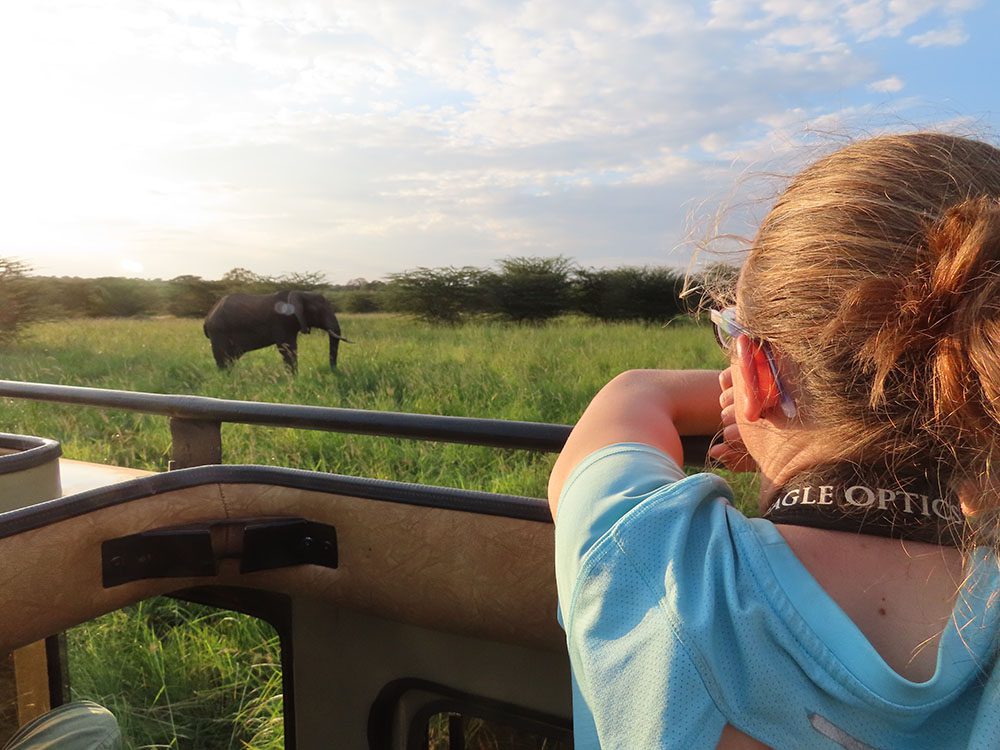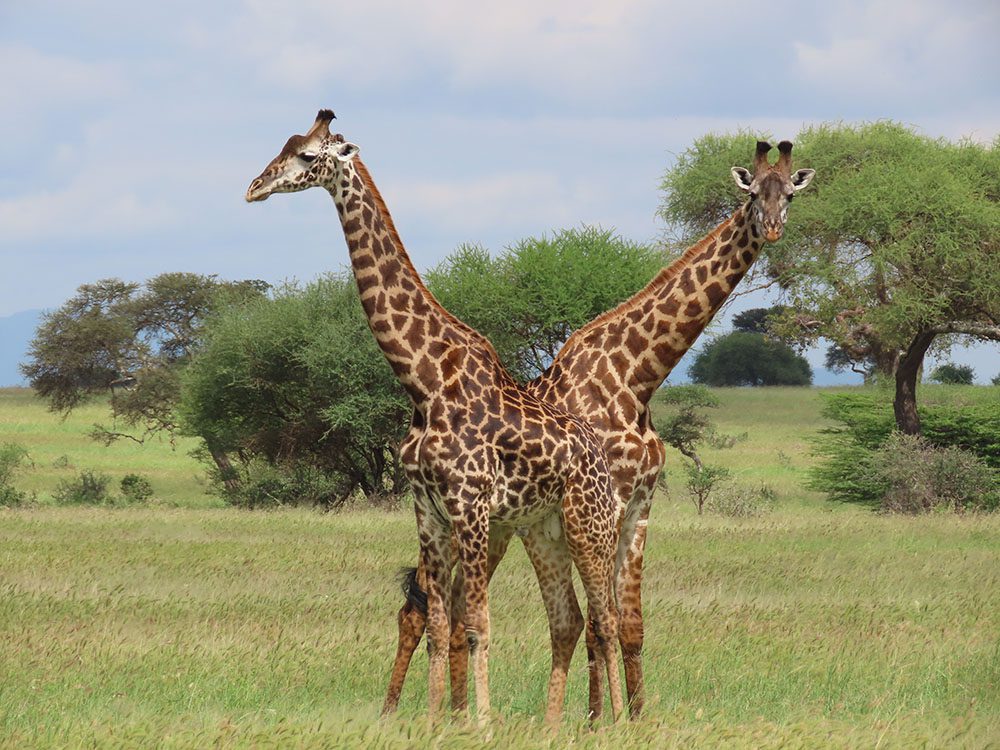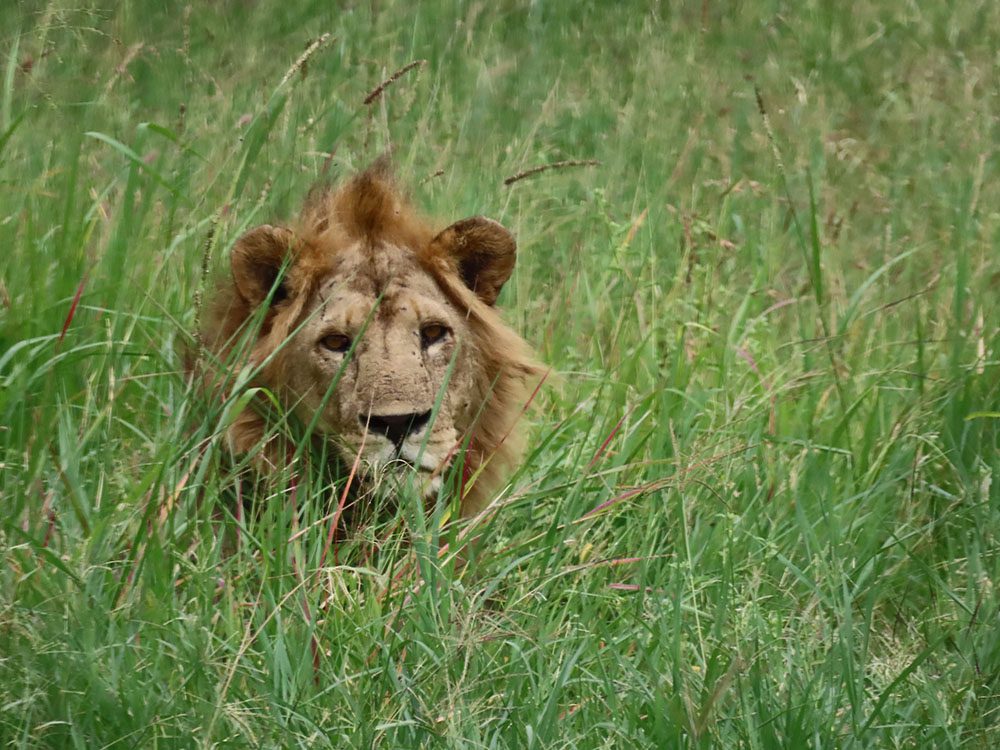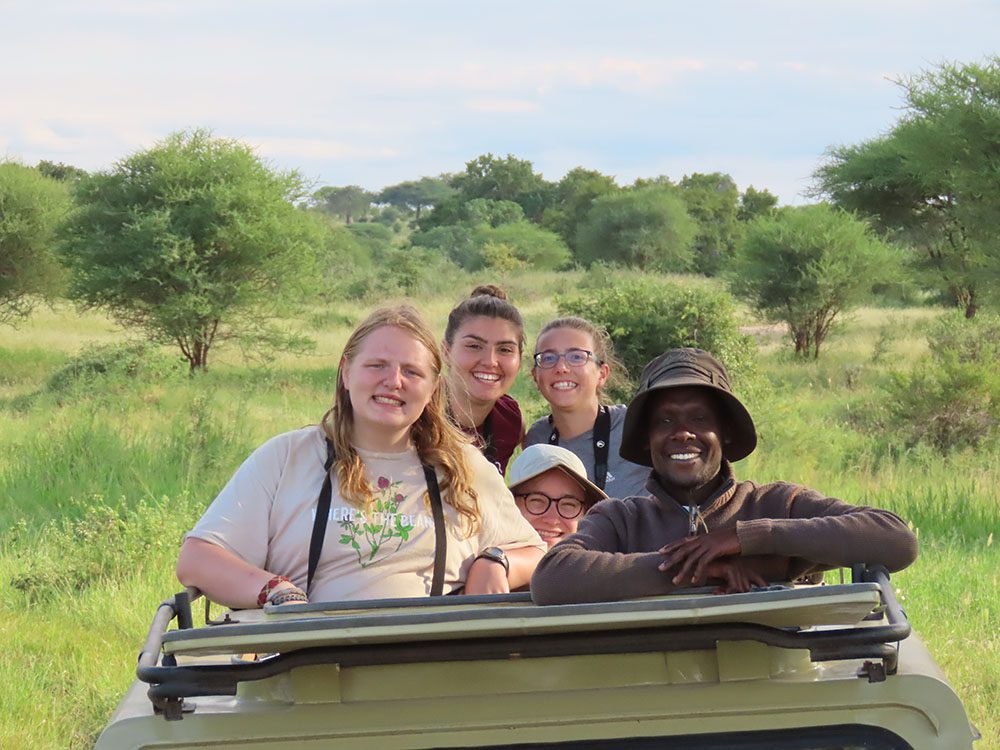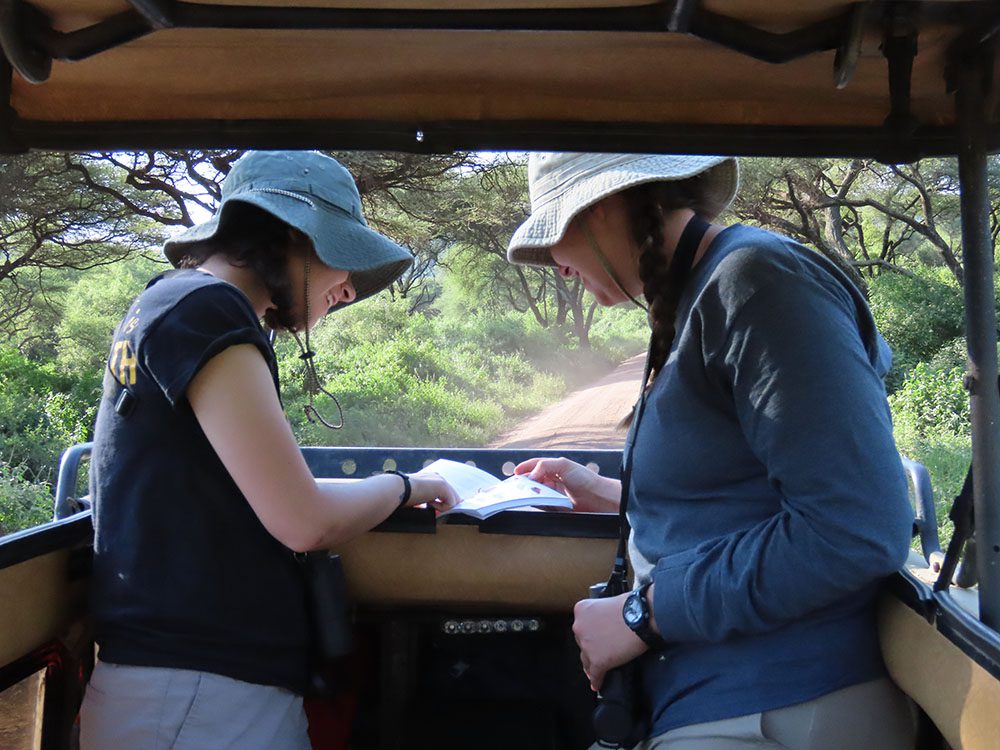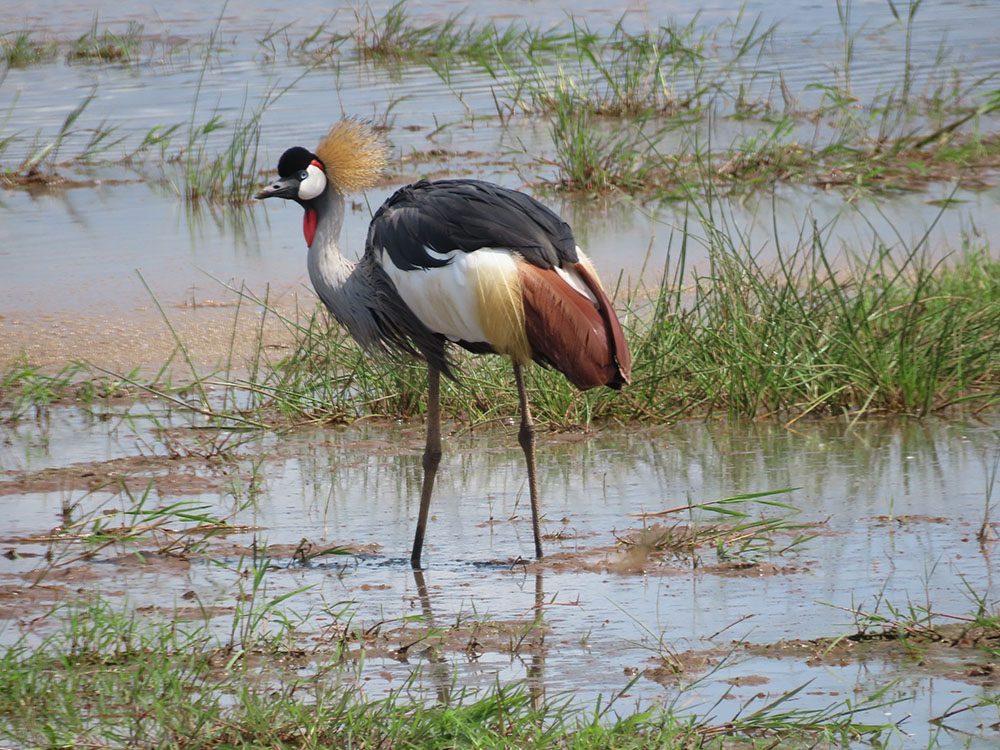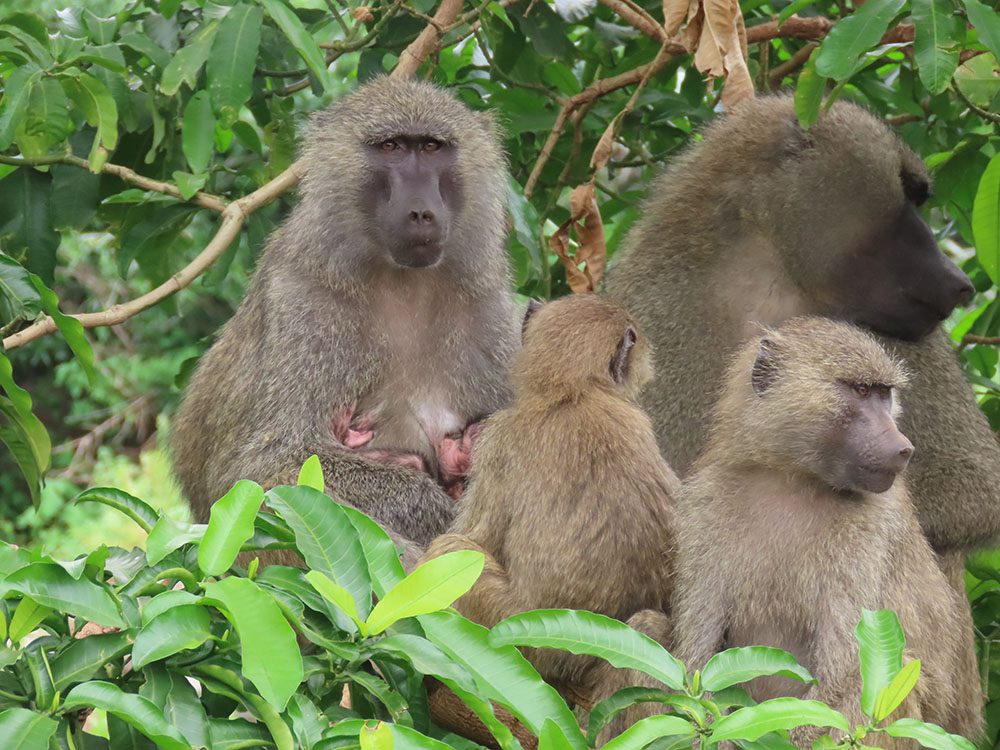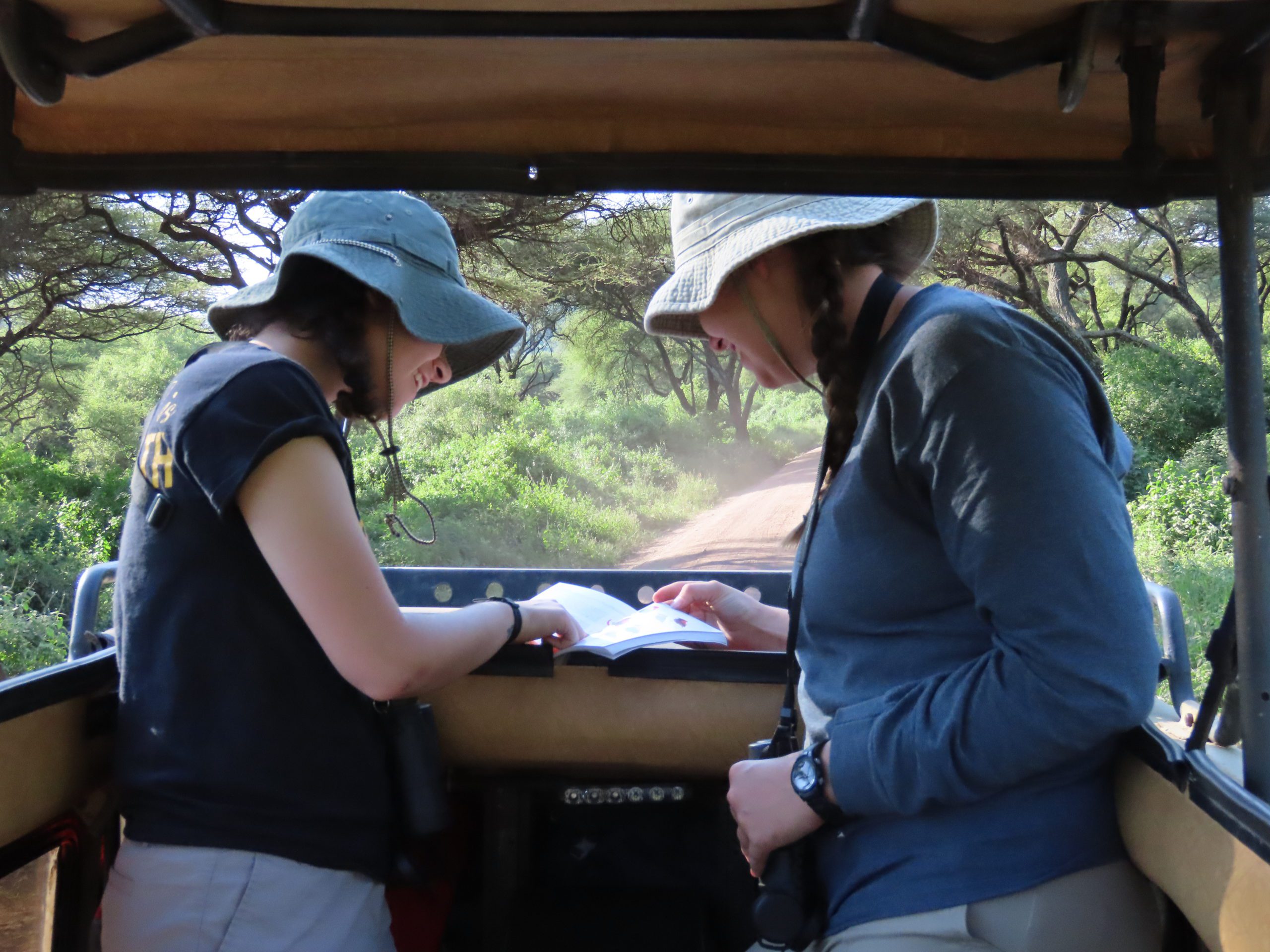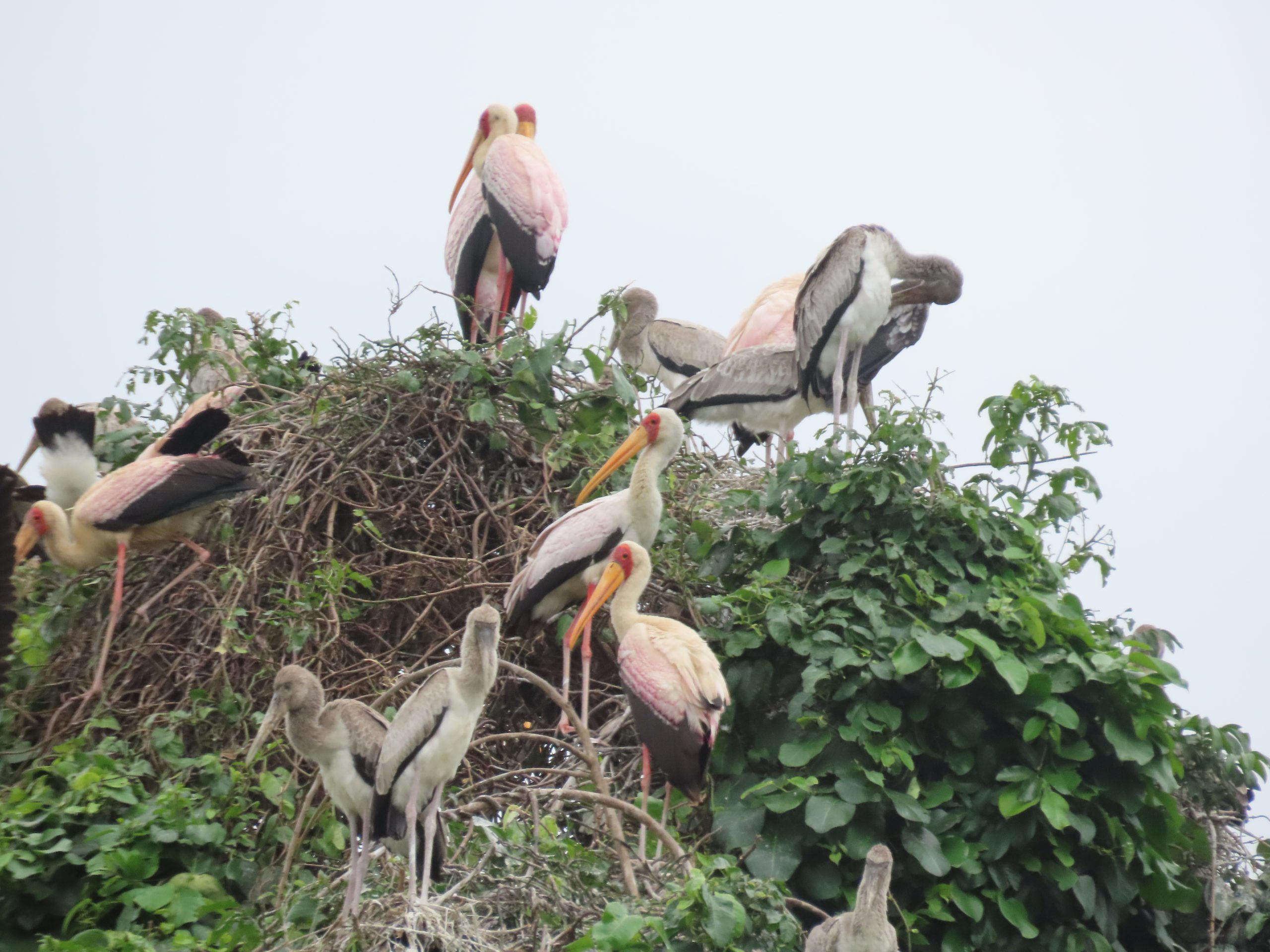Animal Behavior and Conservation in the Tarangire Region
This excursion consists of a camping safari in and around the Tarangire region of northern Tanzania, an area of great concentrations of African savanna wildlife, visiting several national parks observing wildlife and conducting behavioral research on an animal of choice at one location. Spend time interacting with Maasai people indigenous to the area and see how they are impacted by wildlife and what roles they are playing and can play in wildlife conservation. The program includes a multi-day homestay with the Maasai.
Ecological Biology (BIOL 111) AND an adventurous outlook on life. Two papers will be required: one group paper reporting research on the behavior of an animal of choice and an individually written paper.
Brent Smith, emeritus professor of biology, is a forest ecologist. He has led many semester-long Earlham off-campus study programs to East Africa with animal behavior and conservation as major foci. He has particular interests in how indigenous people are impacted by, and can contribute to, wildlife conservation.
Wendy Tori, associate professor of biology is an ornithologist and ecologist. Her specialty is animal behavioral ecology, particularly of birds. She has led off-campus study programs to New Zealand, Peru, Bahamas and Borneo and has conducted research with students in Ecuador and Peru as well as Indiana.
The Epic Advantage
The Tanzania experience is just one of the experiences you could have as part of your Epic Advantage.
Earlham is one of only a handful of colleges and universities in the United States to offer funded internships and research experiences to all students. These opportunities take place during the summer, prior to your junior or senior year, and funding may include travel expenses.
This opportunity is a key component of your Earlham experience and is at the center of your Epic journey.
